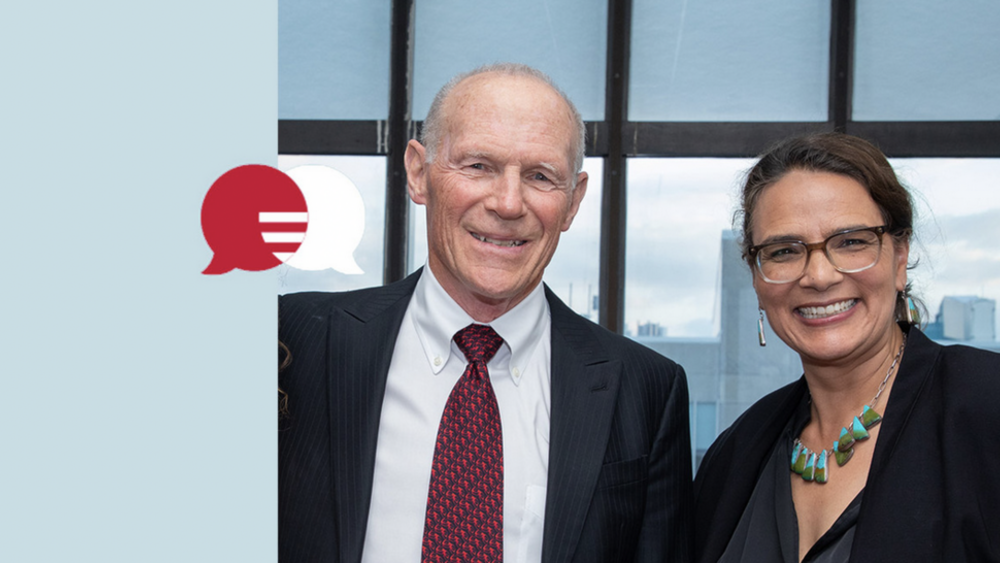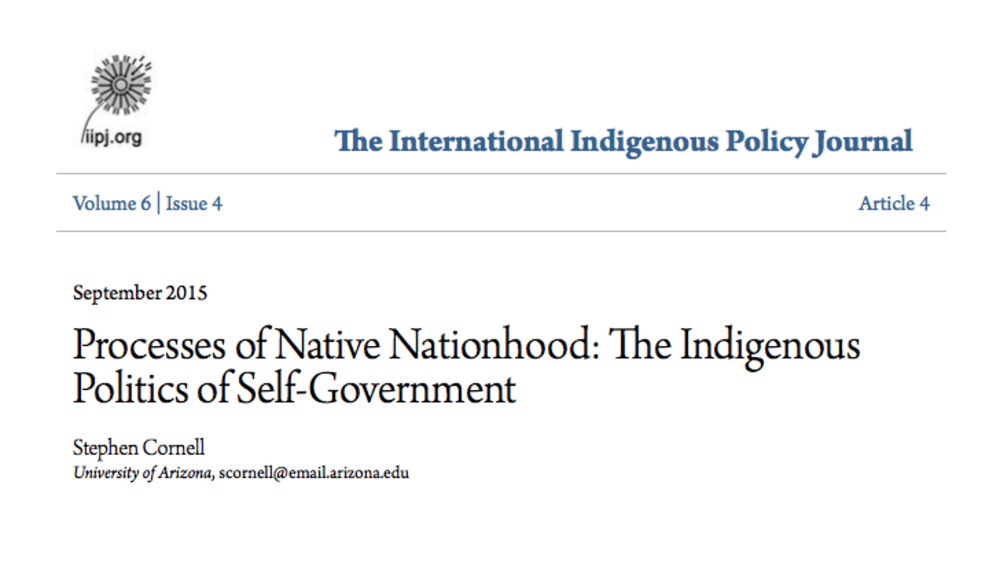Beginning late in the last century, the economies of Indian nations in the United States began recording a remarkable turnaround.
Since the early 1990s, per capita income on Native American reservations has grown three times faster than have incomes in the nation as a whole.
American Indians are still poor – the poorest of any ethnic group in the nation, with 39% of the population living in poverty in 2000 and incomes less than half the U.S. average.
But the gains made among the 1.2 million people living in Indian Country have been dramatic. Something has been working in many Indian nations, according to two professors (Stephen Cornell and Joseph P. Kalt) who have studied tribal development...
Additional Information
Bishop, Bill. "Key to Indian Development: Self-Government." Daily Yonder. December 01, 2010. Article. (http://www.dailyyonder.com/key-indian-development-self-government/2010/1..., accessed August 1, 2023)




